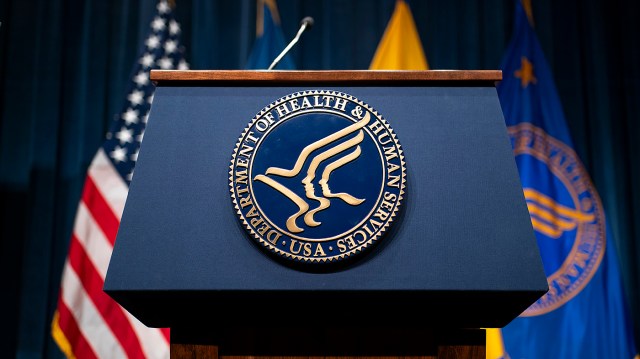Reproductive Health in Peril: HHS Budget Cuts Threaten Critical Services

Trump's Policies Threaten Reproductive Health Services
President Trump's recent actions are casting a long shadow over women's reproductive healthcare, potentially undermining critical services that millions of Americans depend on. Despite claiming to support women's health, his administration's policies suggest a different narrative.
The president, who has previously boasted about his stance on fertility and healthcare, appears to be systematically dismantling access to essential reproductive health resources. These policy changes could have far-reaching consequences for women across the United States, limiting their ability to make informed healthcare decisions.
Key concerns include proposed restrictions on funding for family planning clinics, potential rollbacks of contraceptive coverage, and efforts to defund organizations that provide comprehensive reproductive health services. These moves not only threaten individual healthcare choices but could also disproportionately impact low-income communities and rural areas.
Healthcare advocates warn that such policies could lead to reduced access to preventive care, cancer screenings, and critical reproductive health services. The potential long-term public health implications are significant and deeply troubling.
As the debate continues, many are calling for a more nuanced approach that prioritizes women's health, personal choice, and comprehensive healthcare access.
